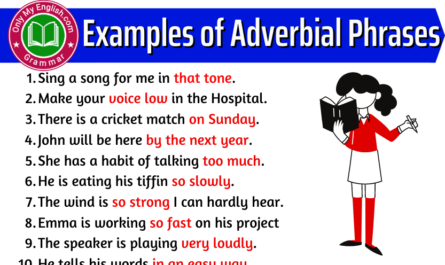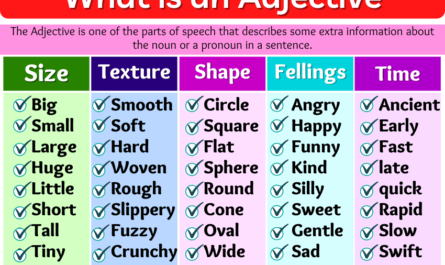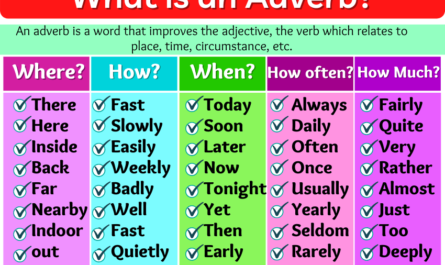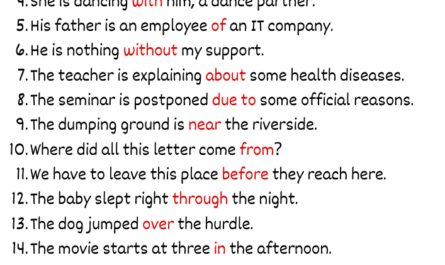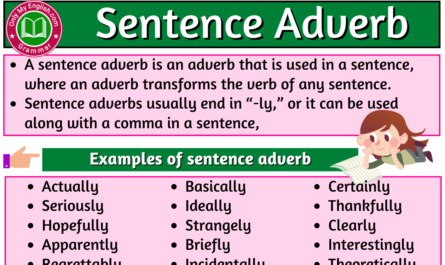Definition:
An adverb is a word that improves the adjective, the verb which relates to place, time, circumstance, etc. There are five basic types of adverbs that produce more details of a verb in a sentence. The adverb ends with a suffix -ly.
Example: Then, gently, quite, etc.
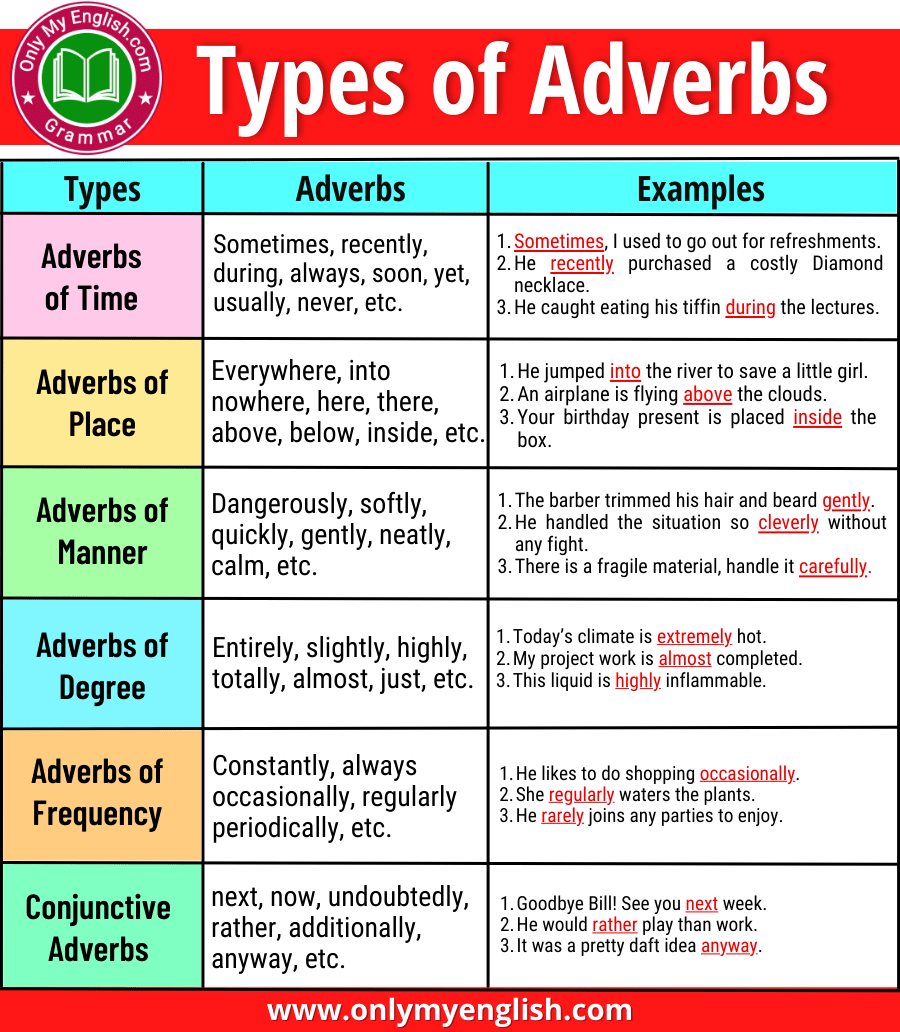
There are five different types of Adverb
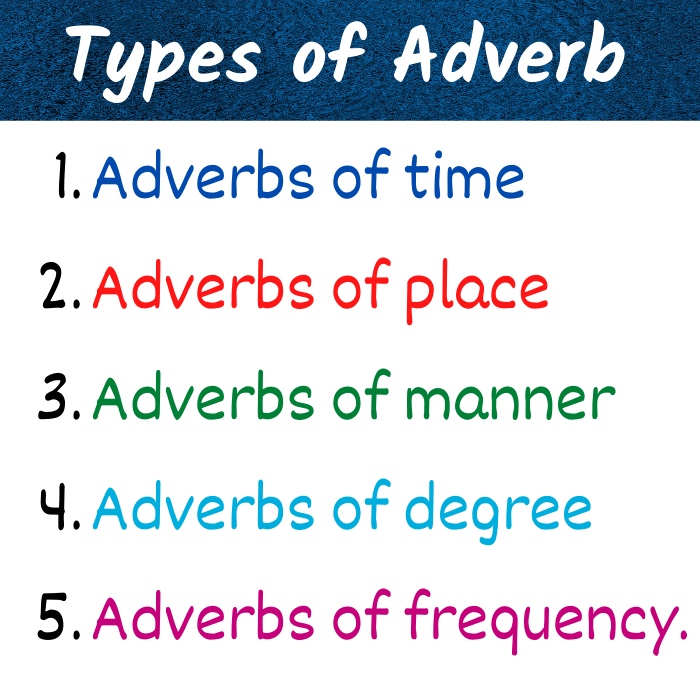
1. Adverbs of time
The adverb of time gives us more details about the time of the verb in a sentence. It usually comes in a sentence either in the beginning or at the end by the importance it is used to express about the moment.
Ex. Sometimes, always, during, always, soon, yet, usually, never, just, recently, before, constantly, eventually, frequently, daily, immediately, hourly, weekly, monthly, yearly, etc.
Examples of adverb of time are in sentences.
- Sometimes, I used to go out for refreshments.
- He recently purchased a costly Diamond necklace.
- He was caught eating his tiffin during the lectures.
- He went to New York, and after that, he never came back.
- The dinner is ready just before you come home.
2. Adverbs of place:
An adverb of the place is used to express more about the place of the verb in the sentence. These adverbs are used after the main verb or at the end of the sentence with an object.
Ex: Everywhere, nowhere, here, there, above, below, inside, outside, into, etc.
Examples of adverb of place are in sentences.
- We went to the hospital, and there were a lot of patients everywhere!
- He jumped into the river to save a little girl.
- An airplane is flying above the clouds.
- Your birthday present is placed inside the box.
- Many of the people are below the poverty line.
3. Adverbs of manner:
Adverbs of manner is an adverb that expresses some behavior, action, and manner.
This kind of adverb is present at the end of a sentence which gives some more details of a noun and has a suffix -ly.
Ex: Dangerously, softly, quickly, gently, beautifully, neatly, calmly, slowly, sadly, loudly, kindly, politely, etc.
Examples of adverb of manner are in sentences.
- The barber trimmed his hair and beard gently.
- He handled the situation so cleverly without any fight.
- She ran quickly into the room after looking at her teacher, coming to her home.
- There is a fragile material, handle it carefully.
- The teacher explained all the essential topics so clearly that each student had understood it.
4. Adverbs of Degree:
Adverbs of Degree are used to describe the degree or the strength of an adjective, or another adverb present in a sentence.
Ex: Entirely, slightly, highly, totally, almost, just, nearly, hardly, too, etc.
Examples types of adverb of degree are in sentences.
- Today’s climate is extremely hot.
- My project work is almost completed.
- This liquid is highly inflammable.
- My office location is nearly half an hour away from my residence.
- She lost her train just a couple of minutes ago.
5. Adverbs of Frequency:
Adverbs of frequency explain how frequently something can occur without any specification of time. It is used before the main verb in a sentence.
Ex: Constantly, occasionally, periodically, regularly, always, never, frequently, rarely, etc.
Examples types of adverb of frequency are in sentences.
- I always go to the gym for a workout, even in the rainy season too.
- He likes to do shopping occasionally.
- She regularly waters the plants.
- They are constantly checking the time watch in the running match.
- He rarely joins any parties to enjoy himself.
